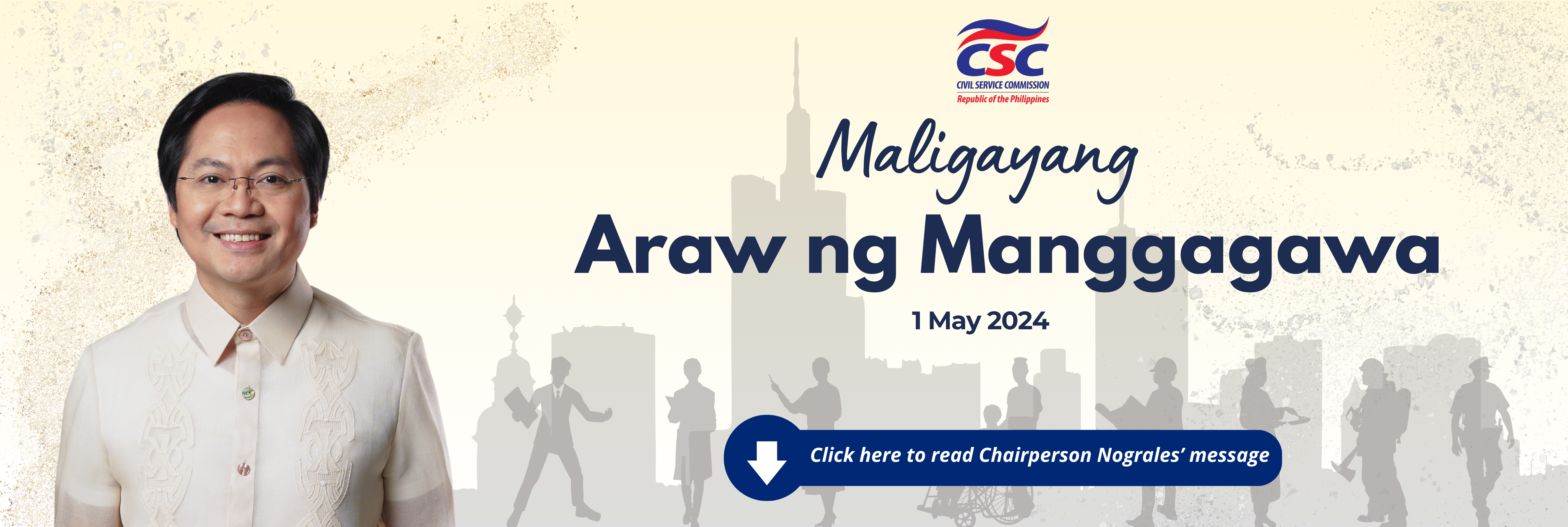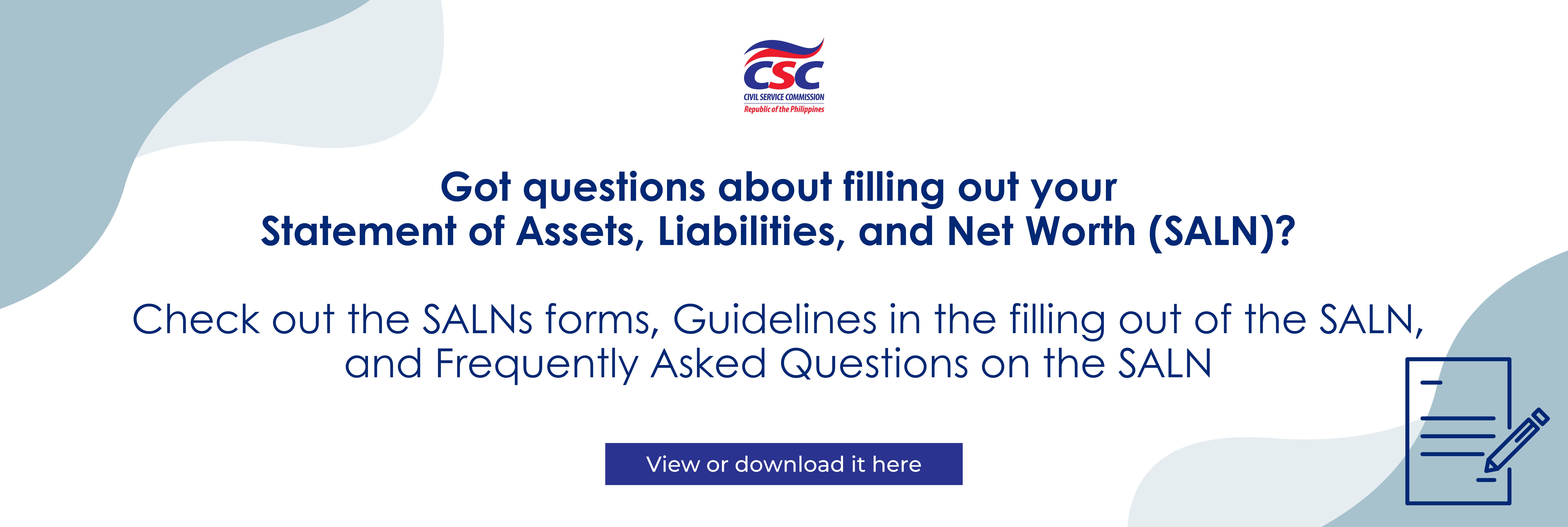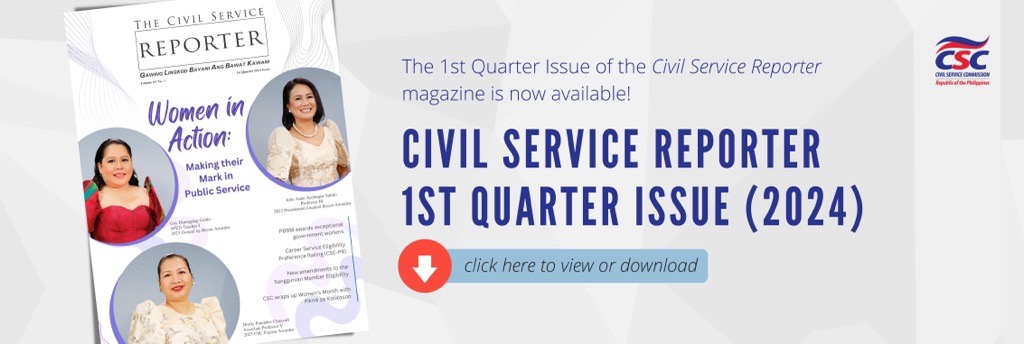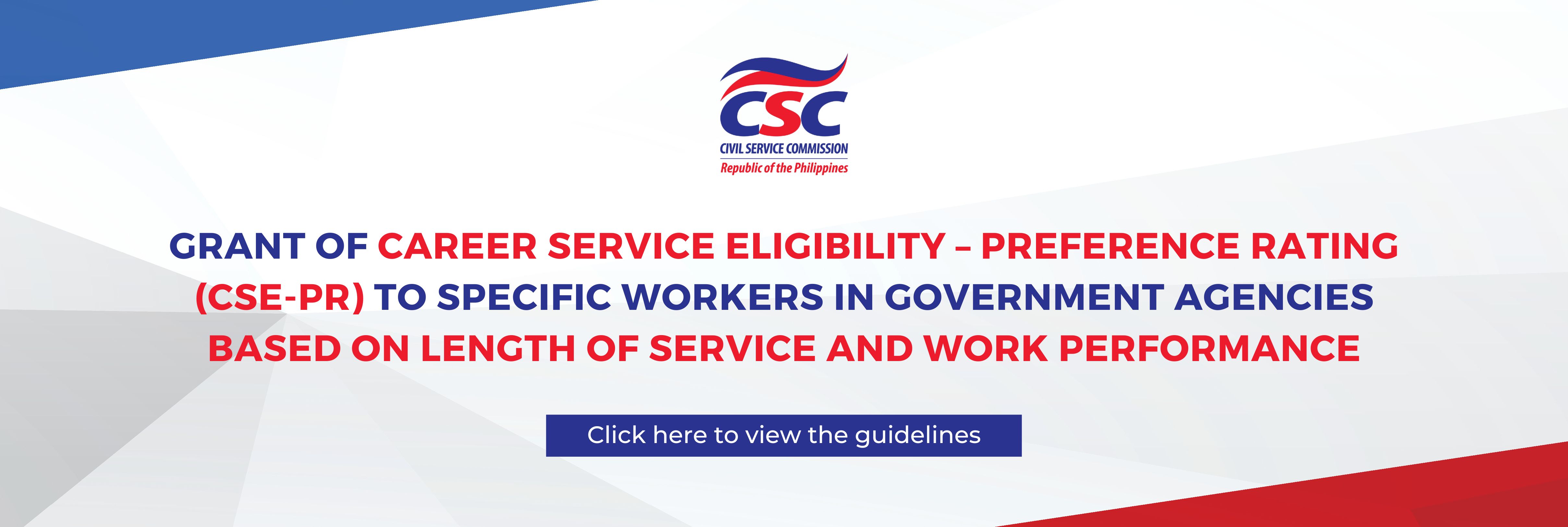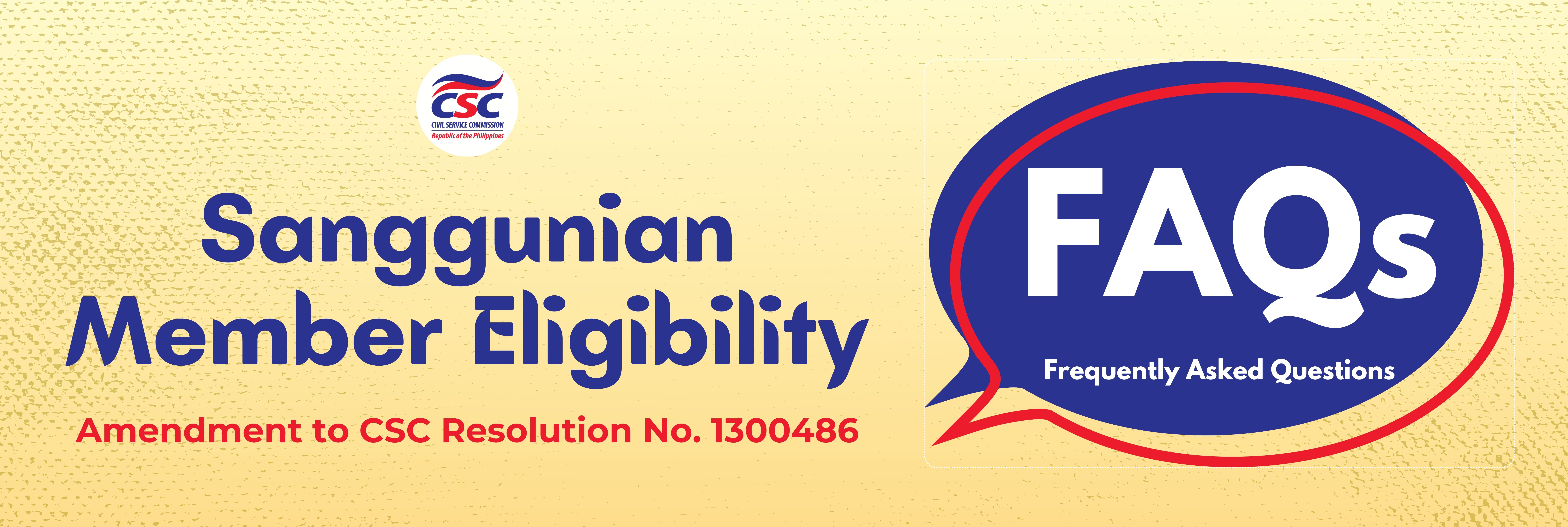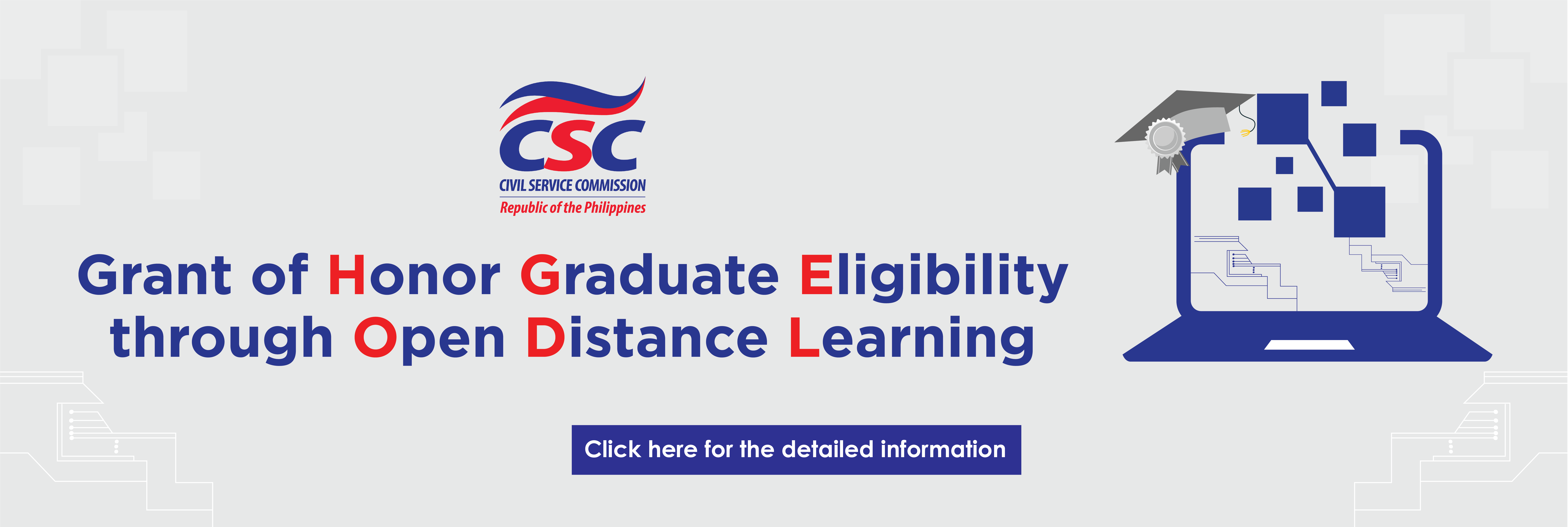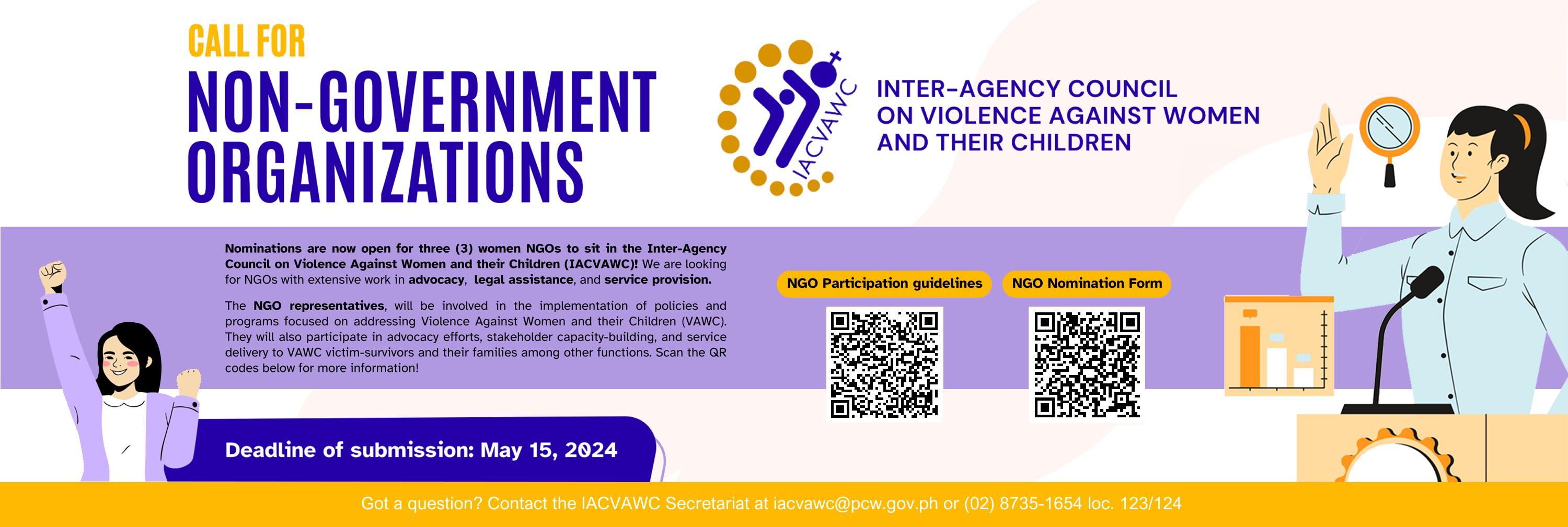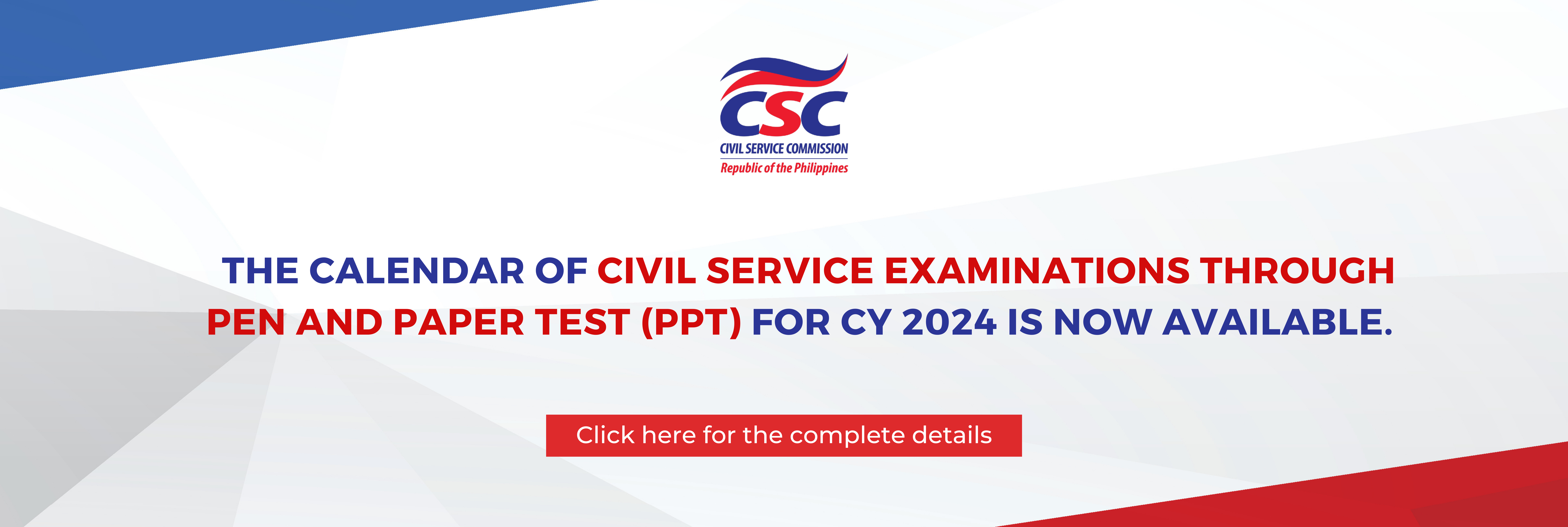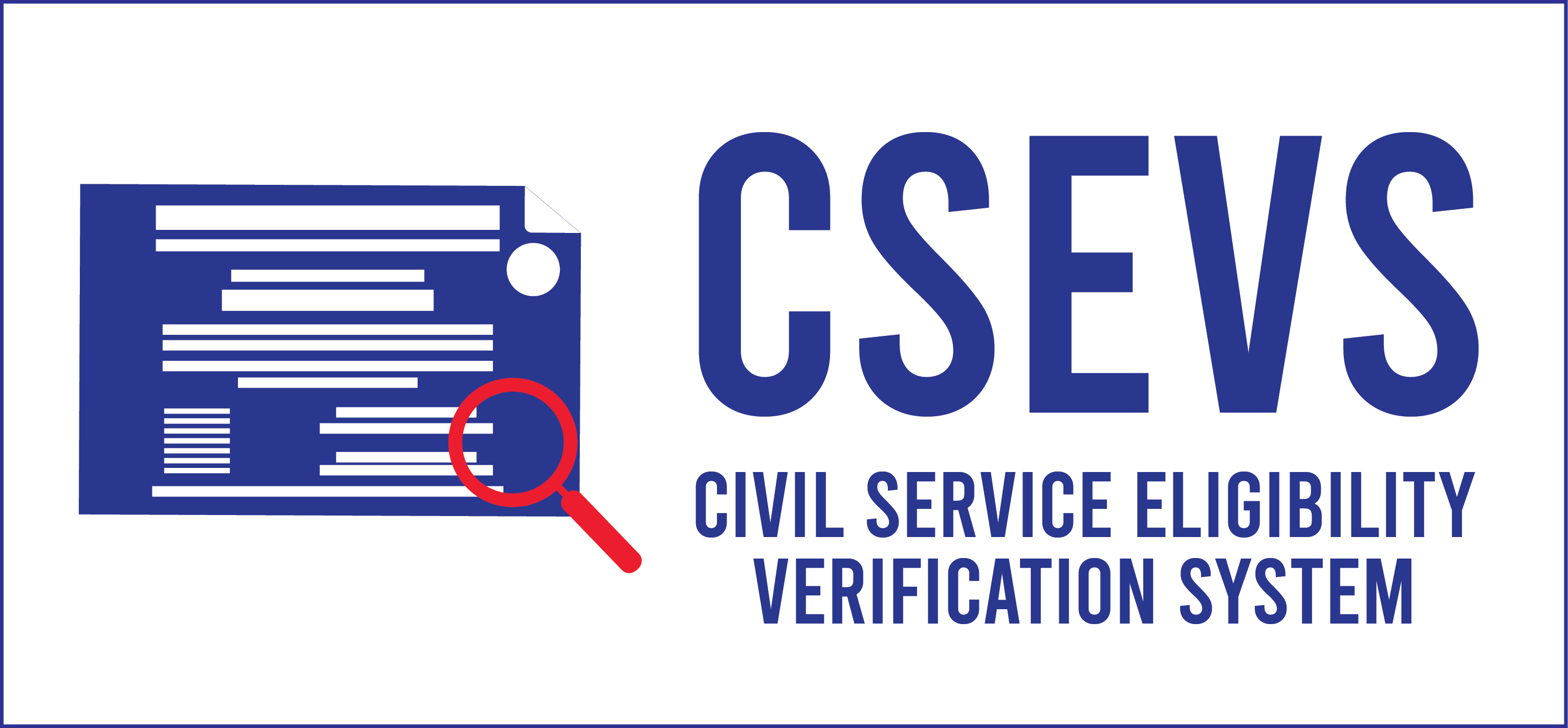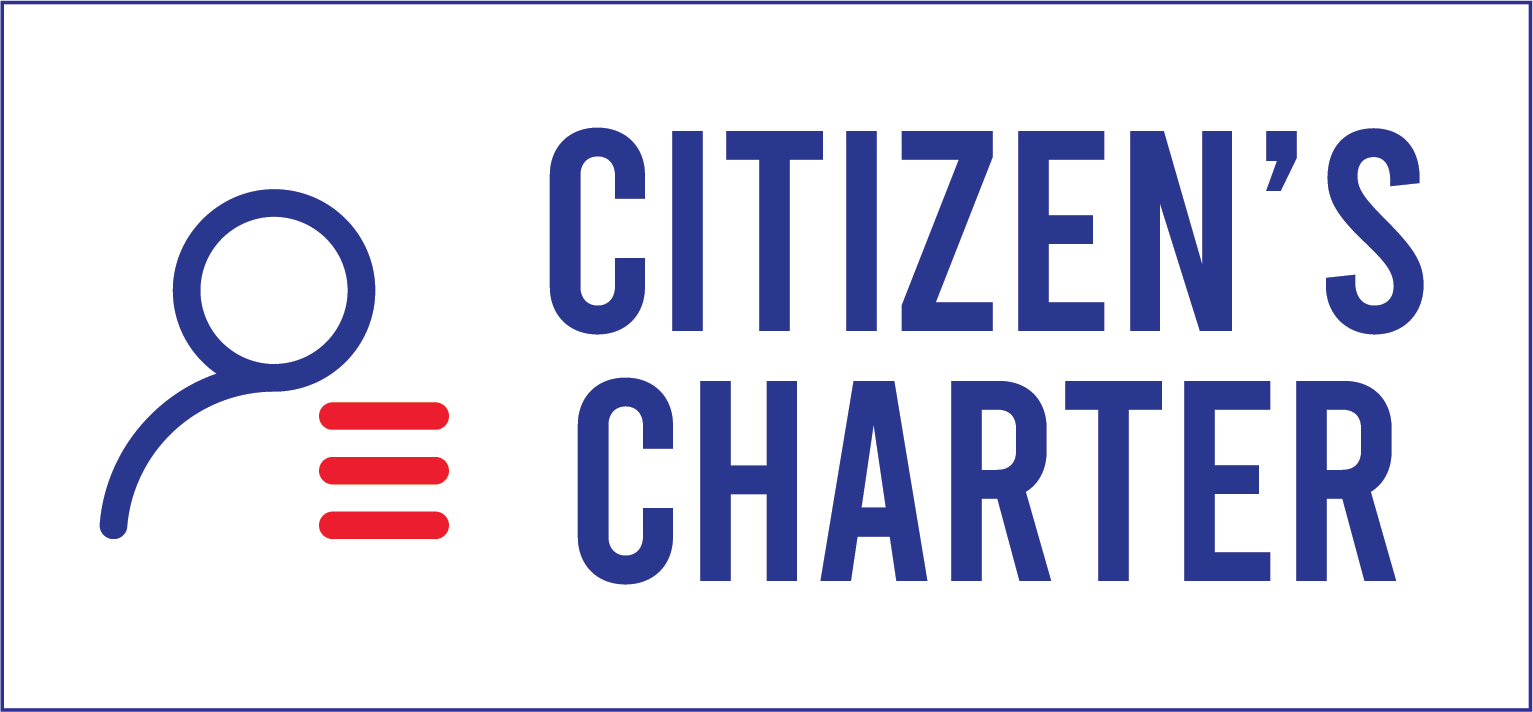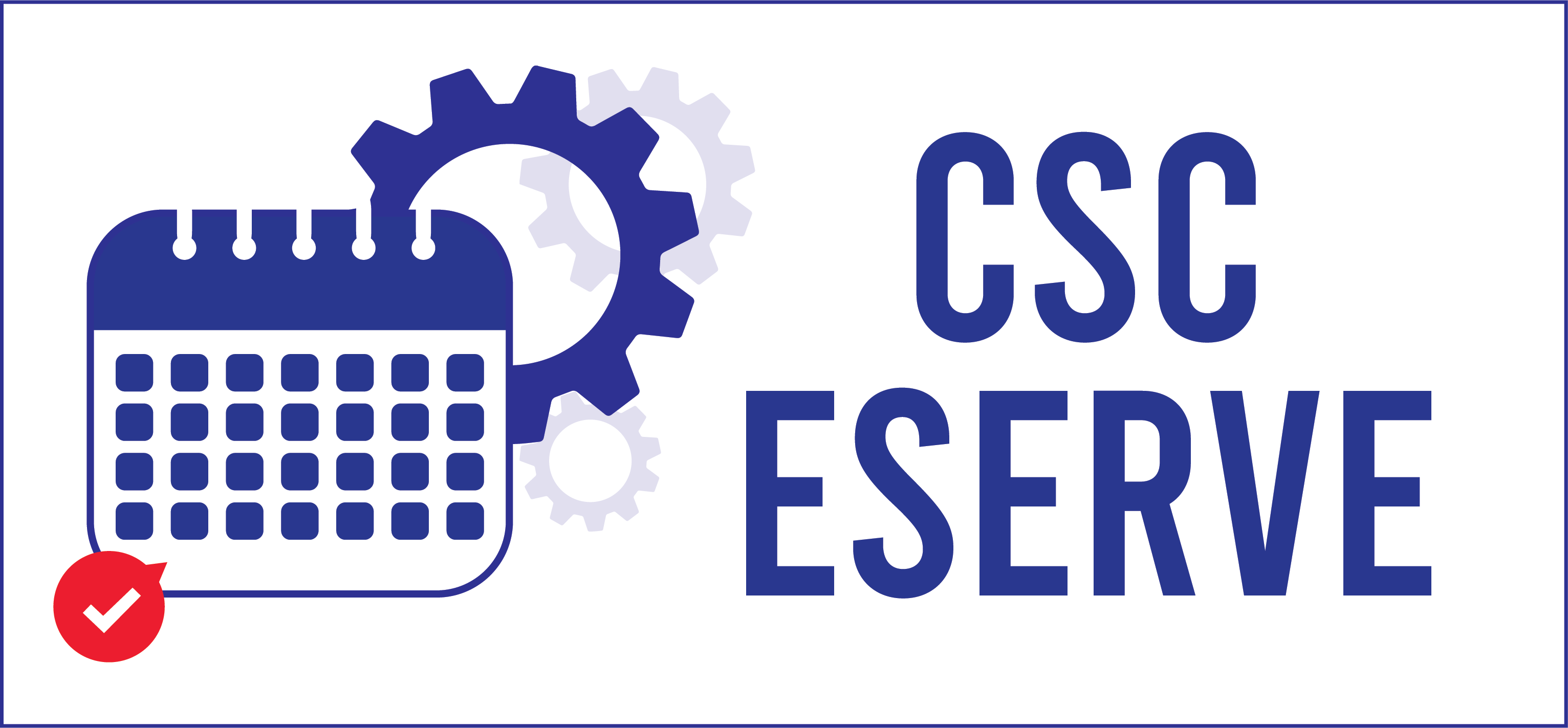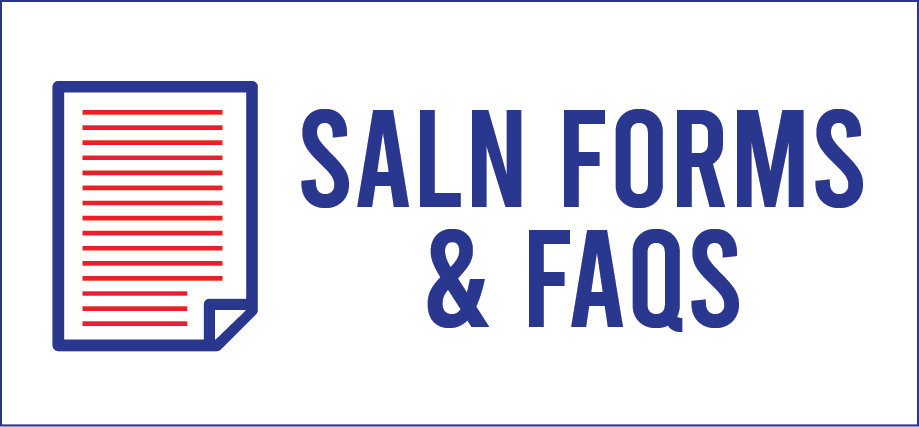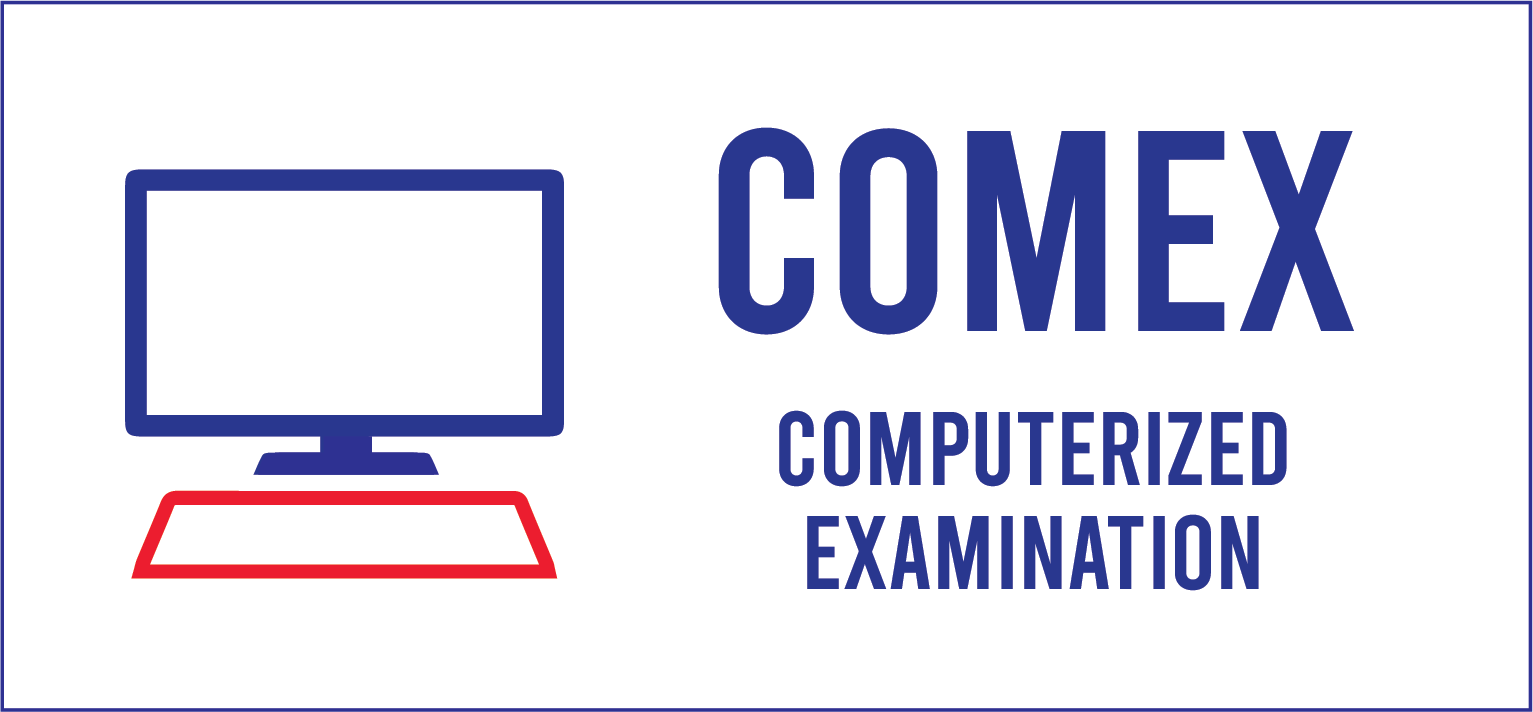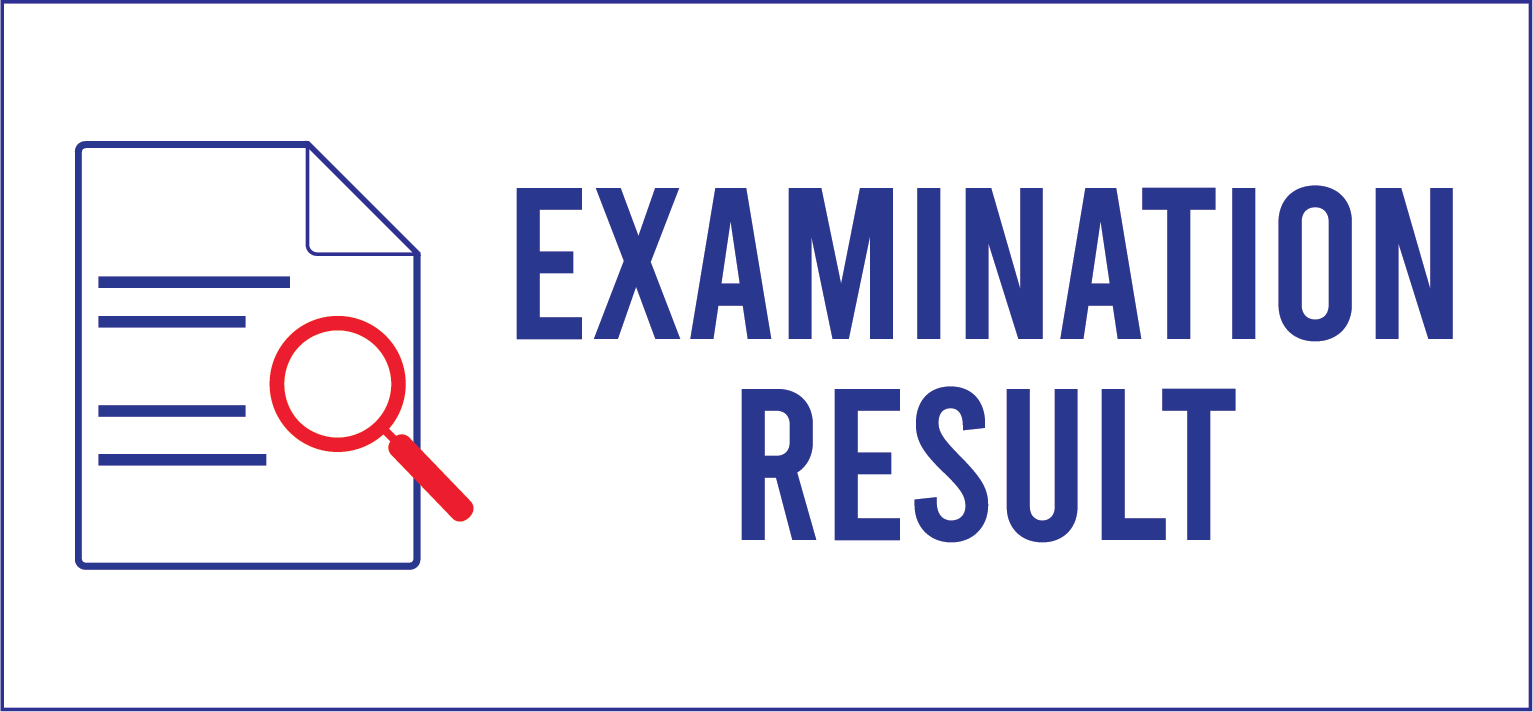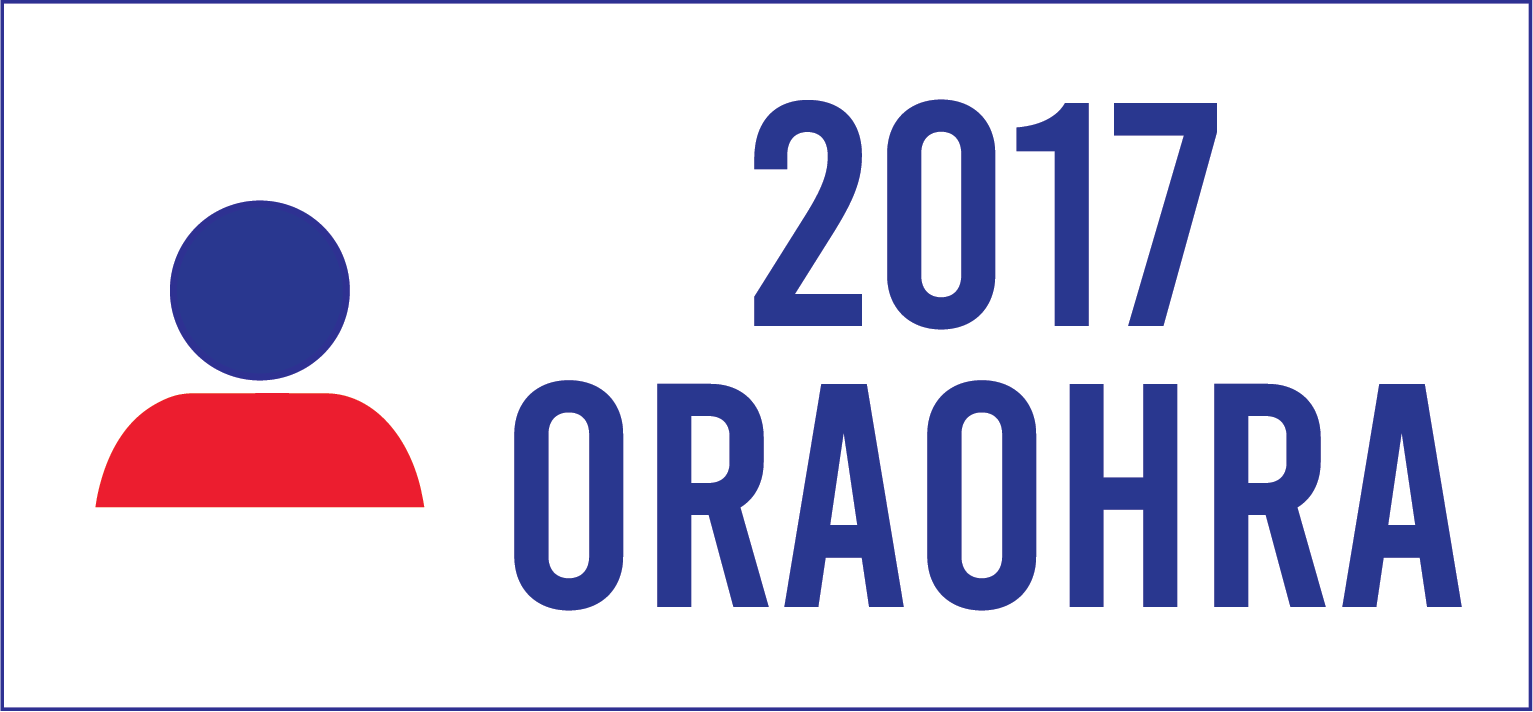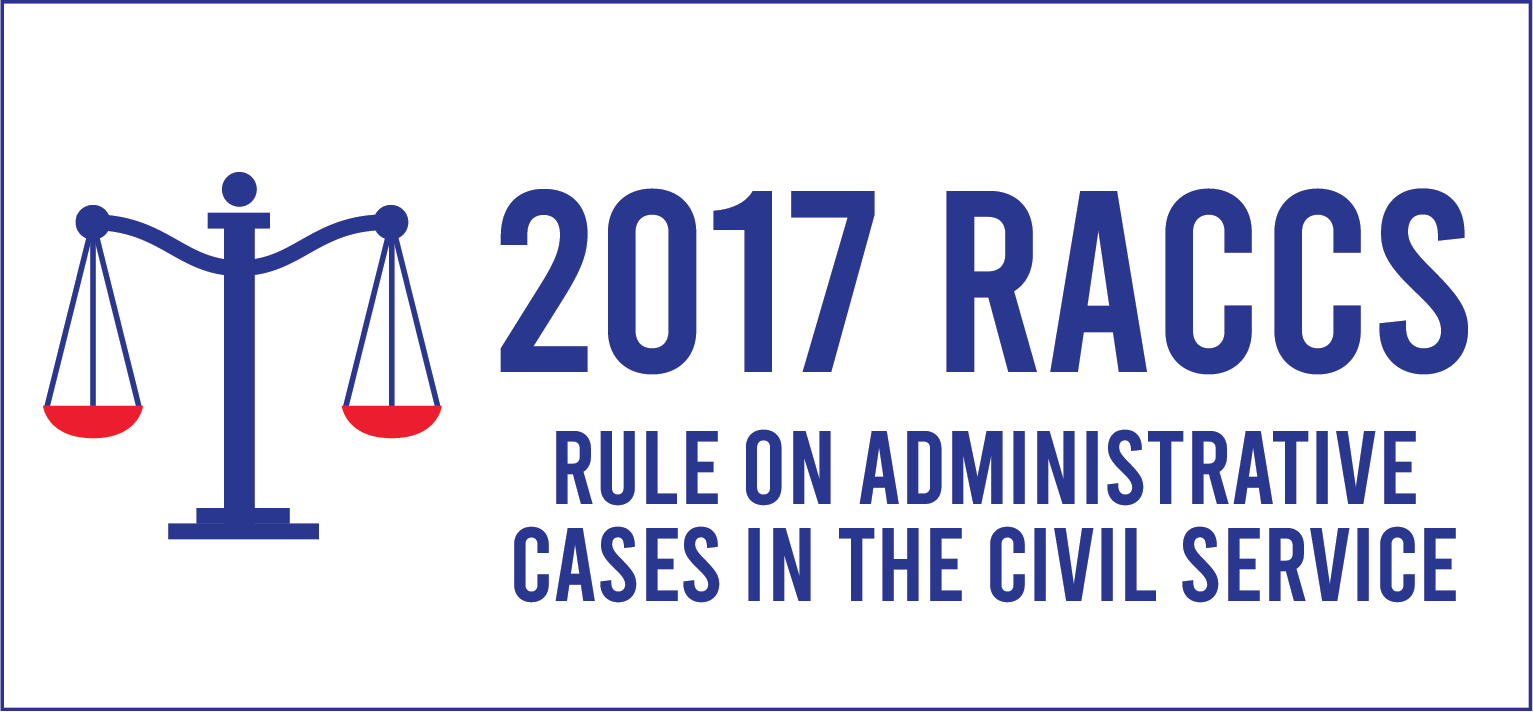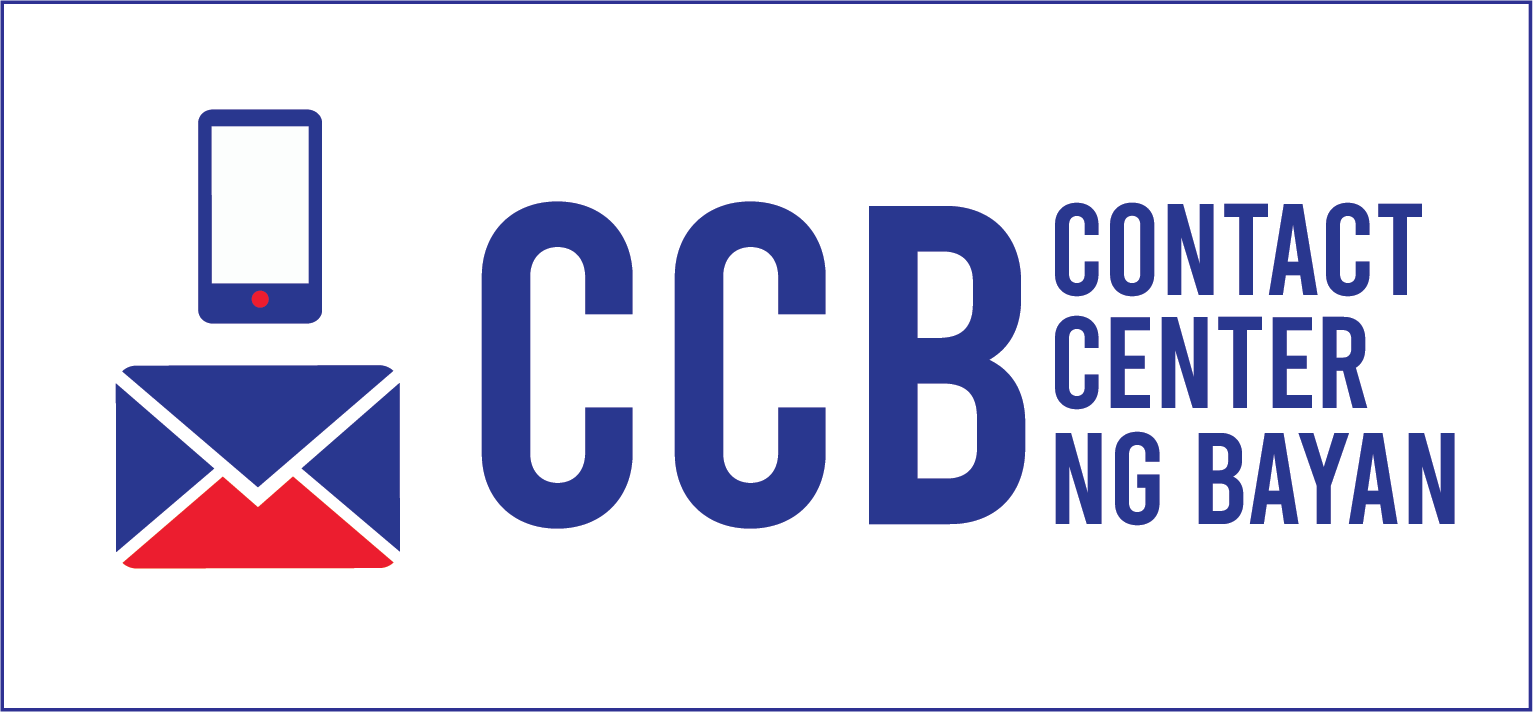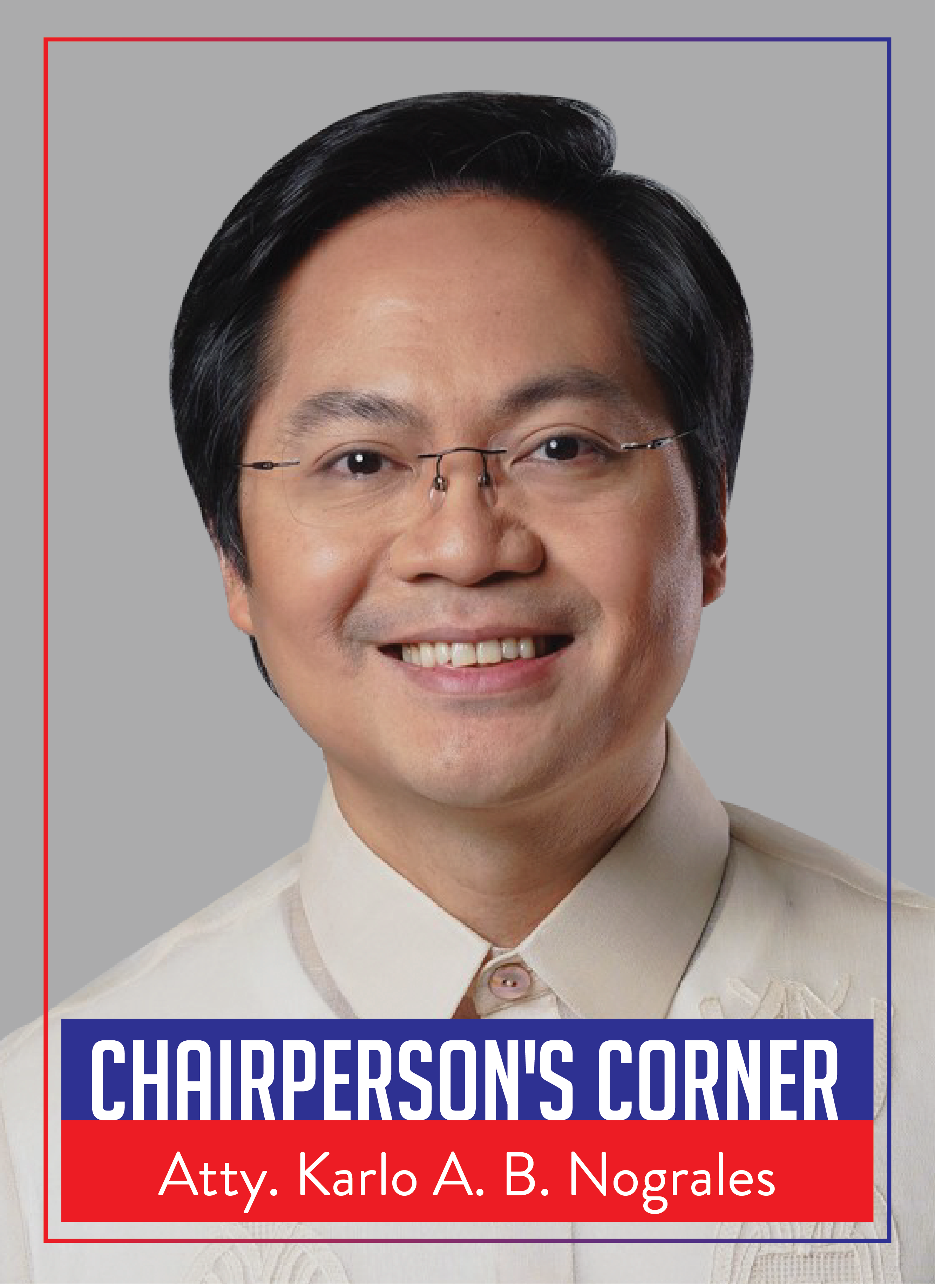- Details
The Civil Service Commission (CSC) recently amended the policy on mandatory random drug testing in the civil service to specify exemptions.
The Guidelines in the Mandatory Random Drug Test for Public Officials and Employees and for Other Purposes, issued via CSC Resolution No. 1700653 and taking effect on 18 April 2017, provided that any public official or employee found positive for drug use at the first instance shall be required to undergo a mandatory rehabilitation or counseling program depending on the severity of drug use. Those who refuse to undergo such or fail to complete the rehabilitation program shall be formally charged with the administrative offense of Grave Misconduct.
Meanwhile, the Dangerous Drugs Board (DDB) issued DDB Regulation No. 13, s. 2018 on 30 August 2018, which provides that public officials and employees found positive for drug use at first instance shall be subjected to disciplinary/administrative proceedings with a penalty of dismissal from the service.
To ensure proper implementation of these two issuances, the Commission emphasized via CSC Resolution No. 1900238 dated 8 March 2019 that CSC Resolution No. 1700653 shall remain as the general policy on the conduct of mandatory random drug testing for public officials and employees, while DDB Resolution No. 13, s. 2018 shall only be adopted by government agencies who are exempted from the coverage of CSC Resolution No. 1700653.
Read more: CSC issues exemptions on mandatory random drug test
- Details
The Civil Service Commission (CSC) mourns the passing of former Chairperson Karina Constantino-David and sends its condolences to her family.
David was appointed Chairperson of the CSC on 23 February 2001, succeeding Corazon Alma G. De Leon. She ended her term on 1 February 2008, which also marked her retirement from government work, after more than forty years of dedicated public service.
CSC Chairperson Alicia dela Rosa-Bala credited David for her initiatives to professionalize the bureaucracy and improve the quality of public service during her term as head of the CSC, one of which was the Public Service Delivery Audit or PASADA in 2003, a complement to the Mamamayan Muna Program. PASADA was conceived out of David’s desire for reforms in frontline service delivery.
- Details
In observance of the Holy Week, work in the CSC Central and Regional Offices is suspended on 17 April 2019 (Holy Wednesday) effective 12:01 in the afternoon.
This work suspension, however, will not automatically cancel scheduled activities at the CSC such as training programs and meetings with other government agencies.
- Details
The Civil Service Commission (CSC) said that the use of the Strategic Performance Management System (SPMS) allows an objective assessment of government employees’ performance.
“Having a performance management system in place is an integral component of human resources management, especially in government service where there is a necessity to ensure that employees perform according to or beyond the expectations of the taxpaying public,” said CSC Chairperson Alicia dela Rosa-Bala.
She explained that under the SPMS, every government employee has his/her own Individual Performance Commitment and Review (IPCR) Form, a performance contract between the employee and management where targeted outputs for the specific rating period are clearly spelled out, including the performance standards which serve as basis for evaluating each output.
Read more: Assessing performance of gov’t workers necessary – CSC
- Details
One’s values are reflected on one’s leadership. This is manifested in how leaders steer the organization toward the achievement of goals and motivate excellent performance from their people.
To help current and potential public sector leaders recognize values in effective leadership, the Civil Service Commission (CSC), through the Civil Service Institute (CSI) will hold the 2nd Quarter CSI Leadership Series themed, “Values-Driven Leadership” set on 19 June 2019 in Oritgas, Pasig City.
The forum aims to help participants appreciate values-driven leadership in the workplace and its impact on decision-making and strategy formulation and implementation, be knowledgeable on core public service values for heightened individual and organizational performance, and know of best practices in values-driven leadership from different guest organizations.

